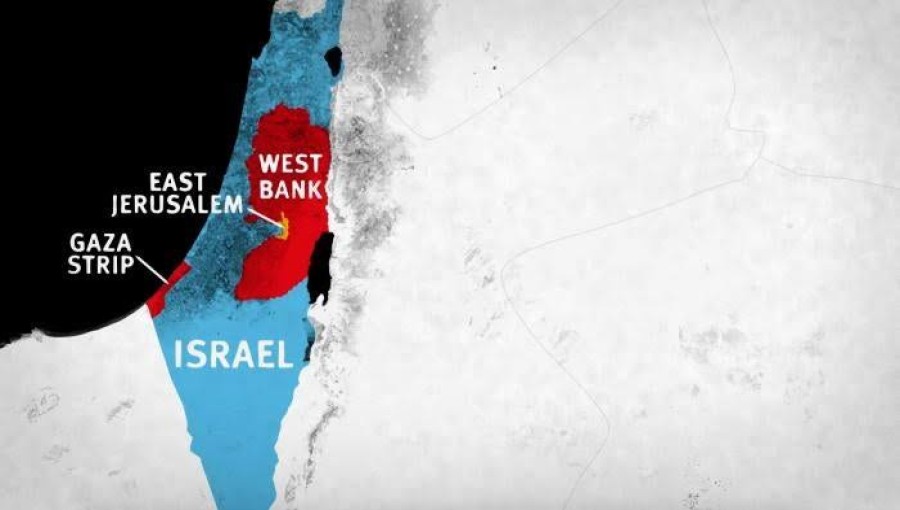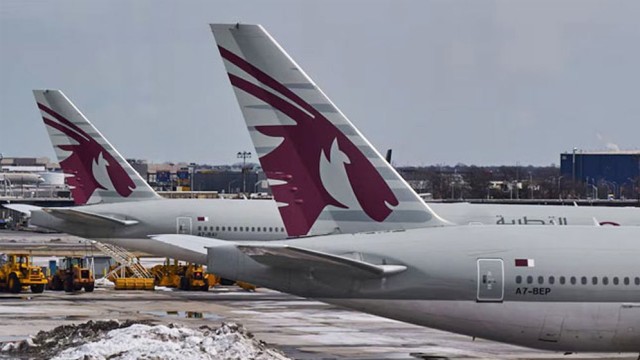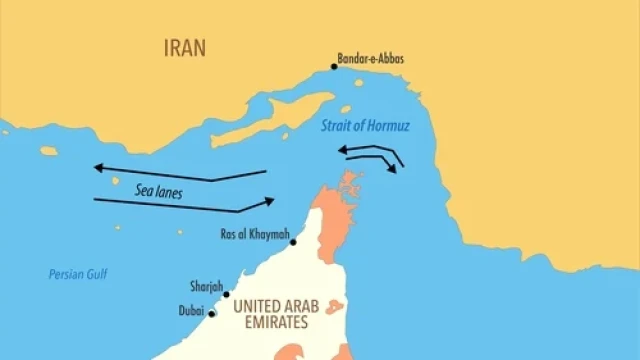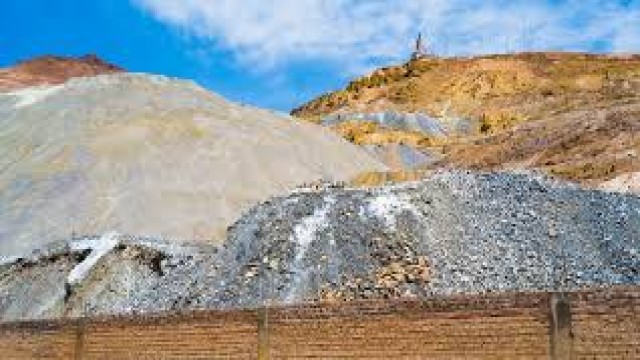In the midst of escalating tensions between Israel and the Hamas government in Gaza, reports have surfaced regarding a significant expansion of Israeli occupation in the West Bank and Gaza. The Colonization and Wall Resistant Commission (CWRC) disclosed these developments on the 48th Land Day, shedding light on the intensifying conflict.
According to the CWRC's report, Israeli authorities have extended their occupation by an additional 27 square kilometers in the West Bank over the past five months. Additionally, the approval of 1,895 new settlements has led to the displacement of 25 Bedouin communities from Palestinian territories.
Israeli measures have also included the establishment of 840 checkpoints and gates across Palestinian territories, further limiting the freedom of movement for Palestinians. Since the outbreak of hostilities on October 7 last year, the CWRC documented approximately 9,700 attacks by the Israeli army on ordinary Palestinians and their properties, exacerbating the humanitarian crisis in the region.
Furthermore, reports indicate that Israeli occupation has expanded beyond the West Bank to certain areas of Gaza, with Prime Minister Benjamin Netanyahu's government expressing intentions to further increase its presence in the region.
The longstanding occupation of the West Bank, which originated from the Six-Day War in 1967, has drawn condemnation from the international community. Many nations, including the United Nations, have denounced the occupation as illegal under international law.
As reports of Israeli occupation expansion continue to surface, there are growing calls for international intervention to address the root causes of the conflict and pursue a peaceful resolution. Nations worldwide are urged to uphold the principles of justice and human rights, advocating for the rights and dignity of the Palestinian people.
Amidst escalating tensions and the ongoing expansion of Israeli occupation, the plight of Palestinians remains a pressing concern on the global stage. Urgent action is needed to de-escalate the situation, alleviate the suffering of affected communities, and pave the way for a just and lasting peace in the region.































Comment: